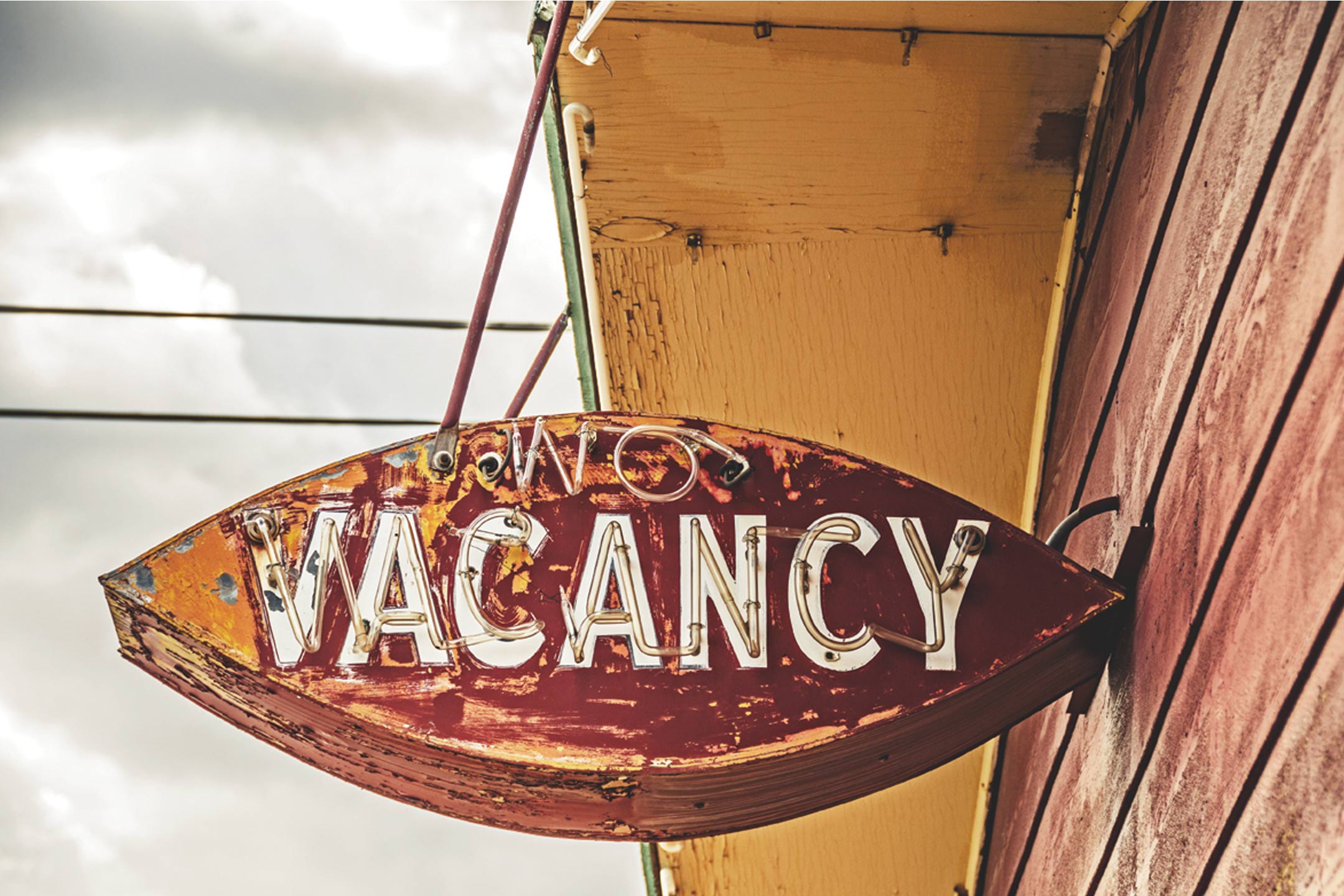
25 Aug A Women’s Place: a crisis point for homeless women
What are the unexpected challenges faced by Australia’s homeless women? asks Melissa Cowan
Have you ever stopped to notice that the homeless people you see on the streets are mostly, if not always, men? Given that every night there are over 45,000 women experiencing homelessness in Australia, how do they become homeless, where do they go and how do they navigate the additional challenges that come with being female and homeless?
Fifty-five percent of women become homeless due to domestic abuse. Often, the abusive partner has isolated them from family and friends, leaving them without any support. There’s also a rise of women in their 50s and 60s who are suddenly homeless due to working part time and having been reliant on their partner for financial support. When their partner dies, is ill or leaves them, they find themselves with no money, little in the way of work skills and no superannuation to fall back on, leaving them in a vulnerable position.
Unfortunately, there’s not enough crisis accommodation to cover the high demand. Every night, each woman seeking shelter accommodation has only a 50 percent chance of a bed. Lieske Dowd, Office Manager at Women’s Community Shelters, says their shelters seek to create a safe space for women, as well as supporting them to access services to help get them back on their feet. These services can be anything from counseling and medical services, through to help with legal issues, finding training or employment and sustainable housing. Lieske explains that homeless women are not visible on the streets as they are far more at risk if they sleep rough, causing them to often ride public transport at night and sleep during the day.
One woman in their shelters arrived in Australia on a spouse visa. After entering the country, her husband began to beat her, and then she found out she was pregnant. The staff at the shelter were able to clarify her visa status and help her get access to housing, medical help and counseling. Lieske says, “When she entered the shelter, she could barely hold eye contact with the staff. She was traumatised and had very conflicting feelings about her pregnancy. During her stay, she opened up to staff and regained confidence in herself and her ability to cope on her own.”
An overlooked challenge for homeless women is having no access to sanitary products during their period. Women are often forced to walk long distances in search of public toilets in the hope they might have some toilet paper they can use. Tampons and pads are the first items to be taken in refuges and shelters, but the last items to be donated. This is where the work of charities such as Share The Dignity and Period Project comes in. They collect and distribute donated pads and tampons to women in need, with the aim of providing these women with access to proper menstrual care. “Without it, women are not only at risk of being forced into petty crime, but they’re also putting their health at risk by using inappropriate products that can cause infection, tissue damage, pain and discomfort,” says Donna Stolzenberg, co-founder of Period Project. “No woman should suffer the indignity of choosing between eating or buying sanitary items,” says Rochelle Courtenay, founder of Share The Dignity. Share the Dignity was founded in 2015, and has donated over 3 million period products to those who menstruate.
One night while out for drinks with my friend Becky, a homeless woman approached us for money. My automatic reaction was to put my head down, say “Sorry” and keep walking – not because I didn’t care, but because I had no idea what to do. Becky, however, wouldn’t have a bar of it. She looked this woman in the eye, introduced herself and asked where she was sleeping that night. The shock on the homeless woman’s face at having been acknowledged was palpable; it was obvious this was very rare. It really hit home for me then – as well as having a safe place to call home, everyone deserves to feel seen.
Ways to help…
- Donate sanitary items to Period Project (melbourneperiodproject.org.au, sydneyperiodproject.org.au, brisbaneperiodproject.org.au).
Raise awareness by holding an event or collection at work, or organise your business to come on board as a drop off point. - Donate sanitary items for Share the Dignity’s August Dignity Drive collections, volunteer, attend an event such as the DigniTEA high teas in May, or support their It’s in the Bag Christmas campaign by donating a handbag packed with tampons or pads.
- Donate to Women’s Community Shelters or support their fundraising events.

